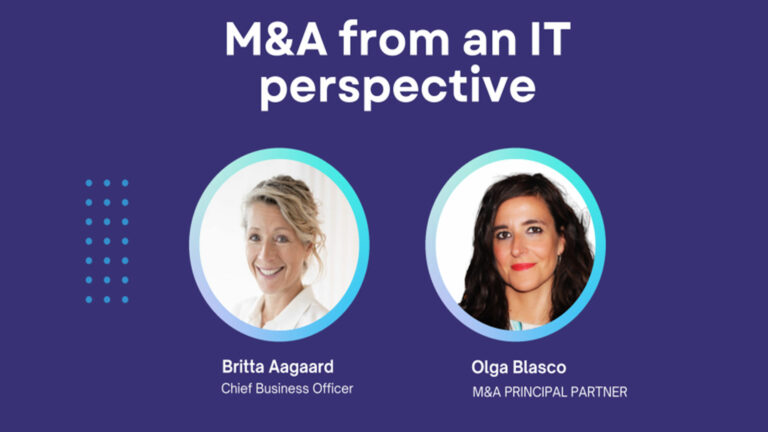How a high valuation can be a burden to future growth
At Lion People Global, we are often asked about the thorny subject of valuations and have even dedicated an entire Masterclass episode to the subject.
We are constantly asked how investors value companies and what makes that up.
While this fascination with valuations is understandable, what is possibly less understood is that a high valuation is not always in the best interests of the company or its founders.
According to Paula Shannon, who is Chief Evangelist for global experience platform Lilt, a high valuation can sometimes act as weight around a founder’s neck that can be a burden to the company’s growth.
“In the early phases, there’s a kind of euphoria at people lining up to invest and the valuations serve as a kind of proxy for that early entrepreneur’s feeling of being successful,” Paula says.
“Being an entrepreneur is hard work, right? And maybe this is the first time that you’ve been responsible for payroll with people that rely on you for their earnings and their family’s earnings, and the stress levels go up and up.
“At the same time, you’re likely not taking much out of the business. You’re paying yourself, in virtually all cases, less than you might get if you were out taking a salary.
“So there is this kind of valuation siren song, but the investors are only doing it to dull the pain of you giving them more equity and diluting yourself.
“So by doing that, what they do is they pep up the valuations and say, well, no, these are our comps and this is the valuation that we’re actually going to base our cap table on. So you get seduced by that.
“And the reason you allow yourself to be seduced is, on the one hand, yes, you have a natural resistance to give up more equity and be diluted. But it’s so ego satisfying to think that you’ve built a company that’s $20 million or $30 million, when in fact, maybe you don’t even have a few hundred thousand dollars of revenue.
“So it all sounds great, but I feel that it can become a real albatross around the neck later on because I don’t believe in growth at any cost.
“Olga mentioned that wonderful scenario of resilience that’s proven through steady growth. So what that means for me is that you’re maybe trying a few things or you’re experimenting with different product lines or different end markets. Well, if your valuation is stuck up here and you want to take a step back at any time, it becomes impossible to do that.
“Your existing investors are going to be disappointed. You’re not going to be able to go out and solicit funding at that valuation level if your story hasn’t come through.
“So that’s why I think that sometimes these overly peppy valuations can feel great in the moment, but later on, it may well be a real concrete block around your neck.
“That’s why I think you should take the least amount of money that you can get away with in the early phases, then bootstrap what you can and take the funding to do something that’s truly transformational or exponential.
“But don’t take it because your ego wants a nice pat on the back that you’ve built something that’s worth x amount, because that might not be the best way to go.”
If you want to know more about this area, visit Lion People Global’s website where you can watch back our M&A Talks series of videos and fill out a questionnaire that entitles you to one hour’s free consultation on getting a LSP or language tech business ready for sale.






